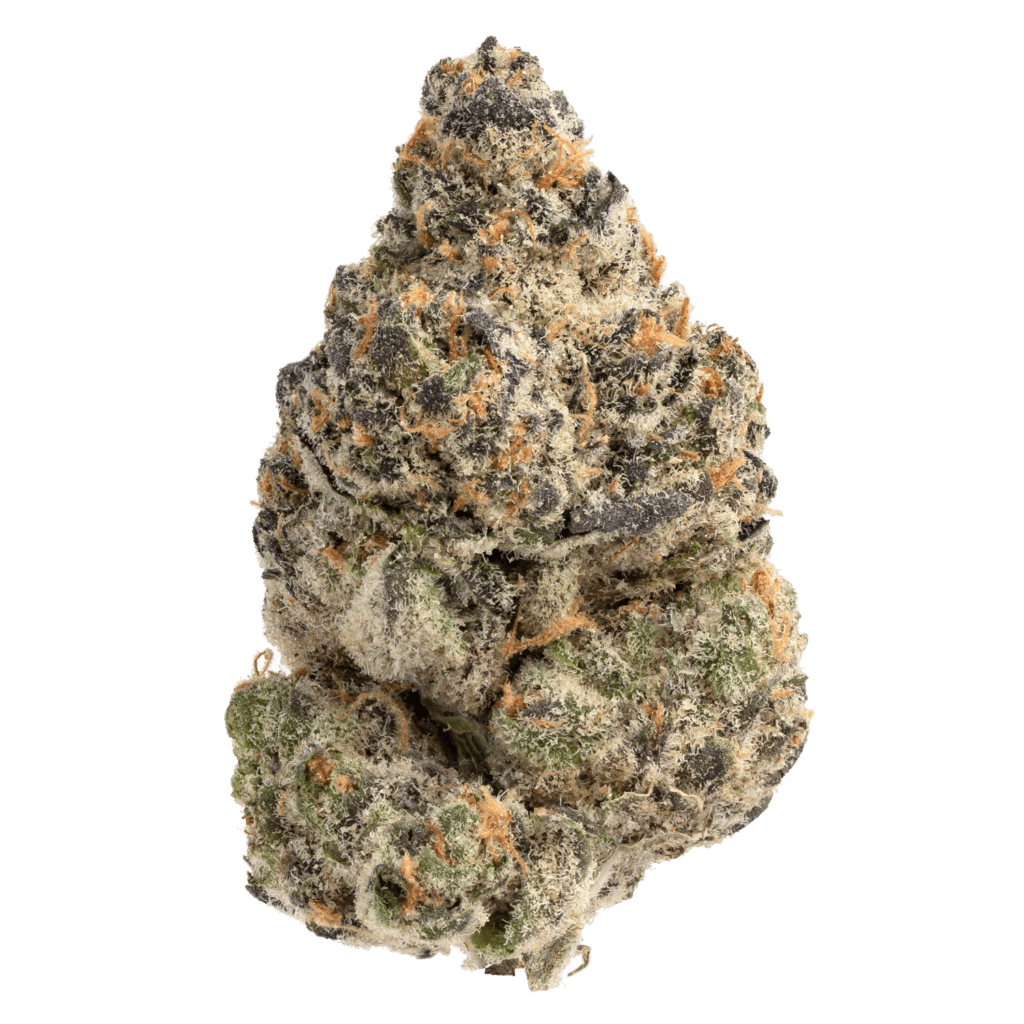No products in the cart.
Marijuana in The Military?
20 Jul 2023

The issue of marijuana use in the military has gained significant attention in recent years. Bipartisan lawmakers are now advocating for the relaxation of guidelines surrounding cannabis use for military members. The aim is to address the recruitment crisis that the armed services are currently facing. This article explores the proposed amendments to the National Defense Authorization Act (NDAA). As well as, having the potential impact of loosening restrictions on marijuana use in the military.
The Recruitment Crisis and the Need for Change
The military has been grappling with a recruitment and retention crisis, which has prompted lawmakers to search for innovative solutions. One of the proposed approaches is to eliminate cannabis testing for military recruits. Thus, highlighted by Representative Matt Gaetz of Florida. Gaetz introduced an amendment to the NDAA that would end cannabis testing at the time of enlistment or commission as an officer.
Gaetz argues that prior cannabis use should not exclude Americans from enlisting in the armed forces. He believes that individuals who have used marijuana should be embraced for their willingness to serve the country. Finally, the amendment has garnered bipartisan support. Thus, reflecting the recognition that the military needs to adapt to the changing landscape of marijuana legislation.
The State of Marijuana Legislation in the United States
To understand the context of the proposed amendments, it is crucial to examine the current state of marijuana legislation in the United States. According to the National Conference of State Legislatures, medical use of marijuana is legal in 38 states and the District of Columbia. Additionally, 23 states and the District of Columbia have passed measures to regulate cannabis for non-medical use.
The increasing legalization of marijuana across the country presents recruitment challenges for the military. Many potential recruits are unable to pass the required drug tests due to their previous cannabis use. In 2022, nearly 5,000 recruits failed their entry drug tests, a 33% increase from two years earlier. However, this trend underscores the need to reassess the military’s approach to marijuana use.
Proposed Amendments to the NDAA

Lawmakers across the political spectrum have proposed amendments to the NDAA. Seeking, to loosen the military’s rules on marijuana use. The Congressional Cannabis Caucus has advocated for allowing doctors from the Department of Veterans Affairs. As well as, recommending cannabis as a treatment in states where medical use is legal. This amendment has gained support from both Republicans and Democrats, reflecting a growing consensus on the issue.
Representative Robert Garcia of California has proposed an amendment that would prohibit the denial of security clearances. As, this is based solely on an individual’s marijuana use in states where it is legalized. This amendment aims to address the roadblock that past marijuana use poses to obtaining security clearances.
Texas Republican Representative Tony Gonzales has introduced an amendment that would permit military members to possess. As well as, using or consuming products containing hemp. Which, is a type of cannabis. These proposed amendments collectively seek to redefine the military’s stance on marijuana use and adapt to the changing legal landscape.
The Impact of Loosening Restrictions
Loosening restrictions on marijuana use in the military could have several implications. First and foremost, it would increase the pool of eligible recruits. Second, by removing the barrier of prior cannabis use. More individuals would be able to pursue a career in the armed forces. This expanded recruitment base could help alleviate the ongoing recruitment crisis and ensure that the military has a robust and diverse workforce.

Moreover, allowing veterans access to medical cannabis could potentially address the multiple epidemics they face. Including, addiction and suicide. Medical cannabis has shown promise in treating chronic pain and other conditions commonly experienced by veterans. By enabling Veterans Affairs doctors to discuss and recommend medical marijuana. Lawmakers hope to provide veterans with additional tools to cope with the aftermath of battle.
Addressing Concerns and Opposition
While the proposal to loosen restrictions on marijuana use in the military has gained support, it is not without its critics. Some argue that cannabis use can impair cognitive function and hinder military readiness. However, proponents of the amendments emphasize that the focus should be on an individual’s current abilities rather than their past cannabis use.
Another concern raised is the potential impact on security clearances. Critics worry that individuals who have used marijuana may pose a security risk. However, proponents of the amendments argue that the denial of security clearances based solely on marijuana use. Especially in states where it is legal, is discriminatory and inconsistent with changing societal norms.
Legislative Outlook and Conclusion
As the NDAA progresses through Congress, the fate of the proposed amendments will become clearer. The bipartisan support for loosening restrictions on marijuana use in the military suggests that change may be on the horizon. The ongoing recruitment crisis and the evolving legal landscape of marijuana necessitate a reevaluation of the military’s approach to cannabis use.
Loosening restrictions could have a transformative effect on recruitment efforts and the well-being of veterans. Finally, adapting to changing societal norms and recognizing the potential benefits of medical cannabis, the military can better serve its personnel and effectively address the challenges it faces.
The proposed amendments to the NDAA represent a step towards a more inclusive and adaptable military. As lawmakers continue to debate and refine these proposals. It’s essential to strike a balance between maintaining military readiness. As well as, recognizing the evolving attitudes towards marijuana use. In conclusion, the future of marijuana in the military hinges on finding a solution that meets the needs of the armed services. While, embracing the changing legal landscape.






